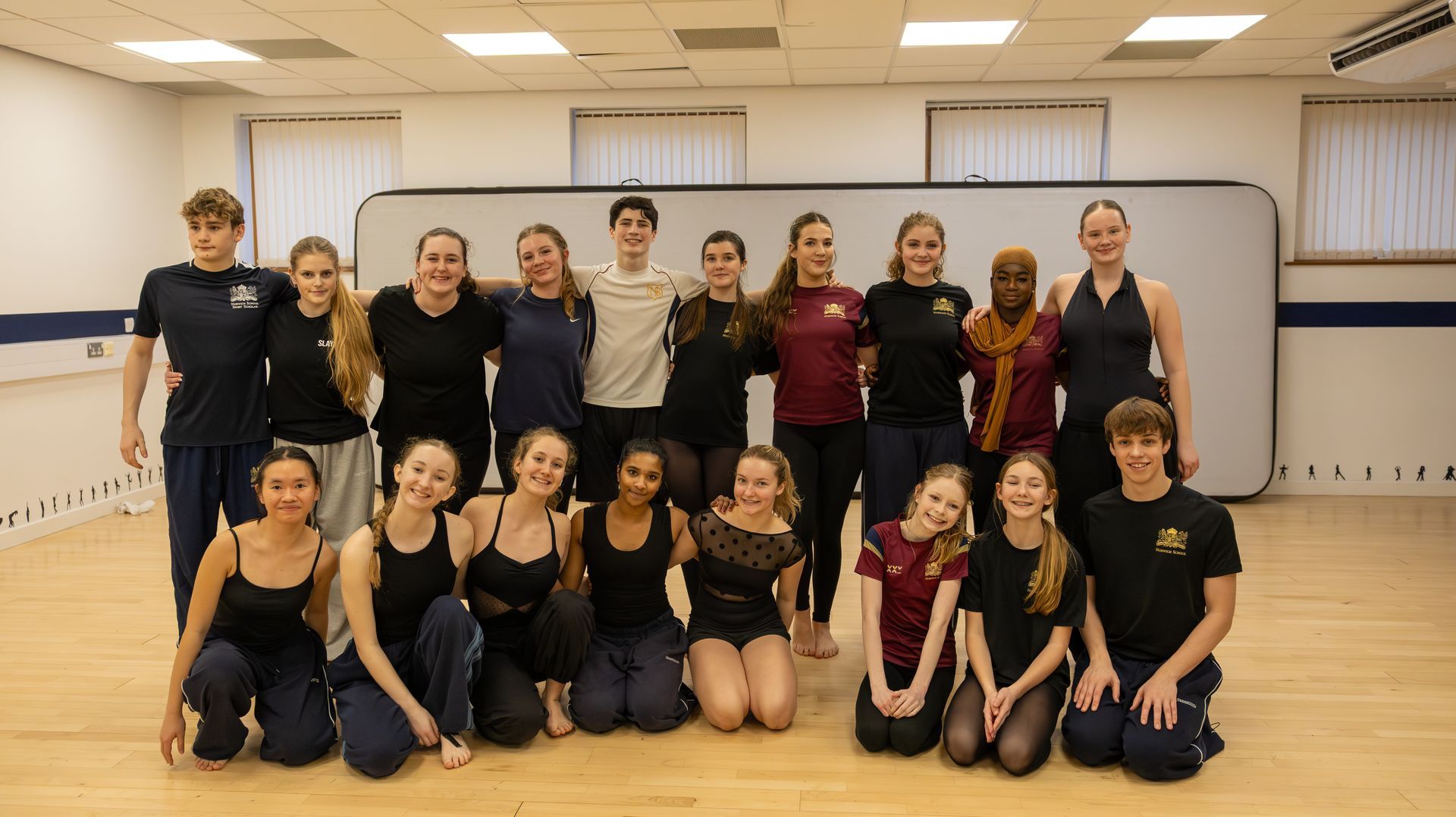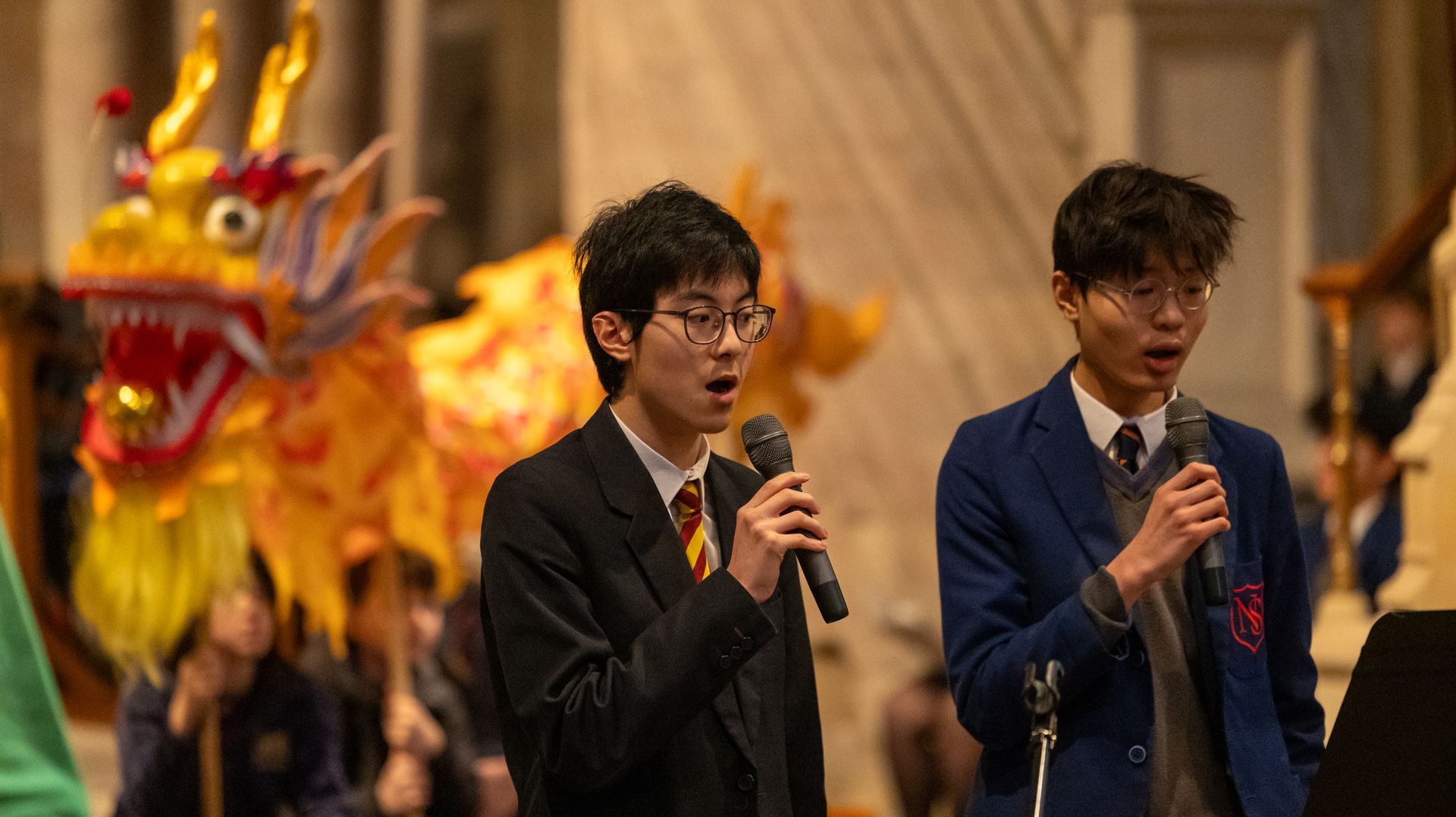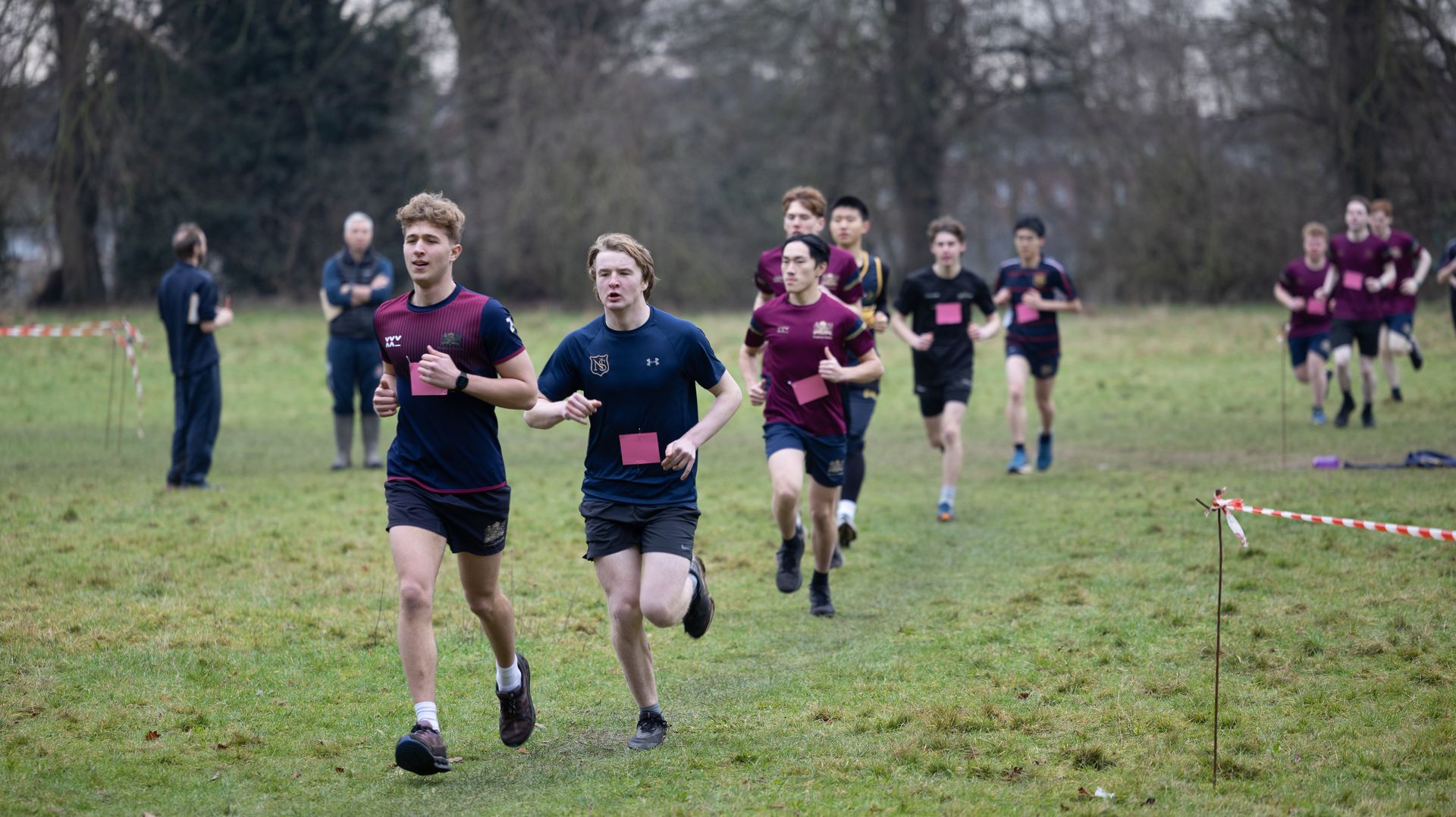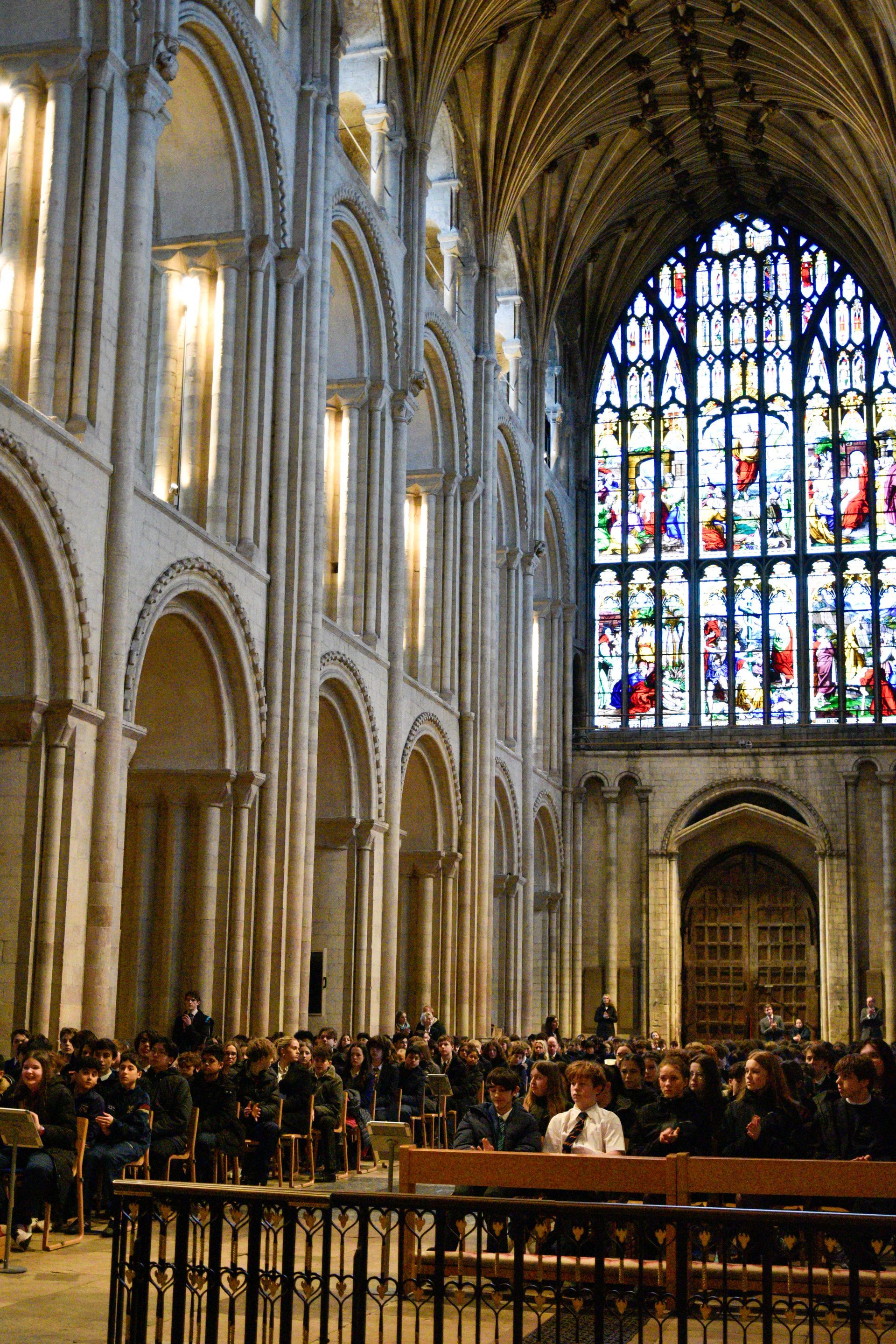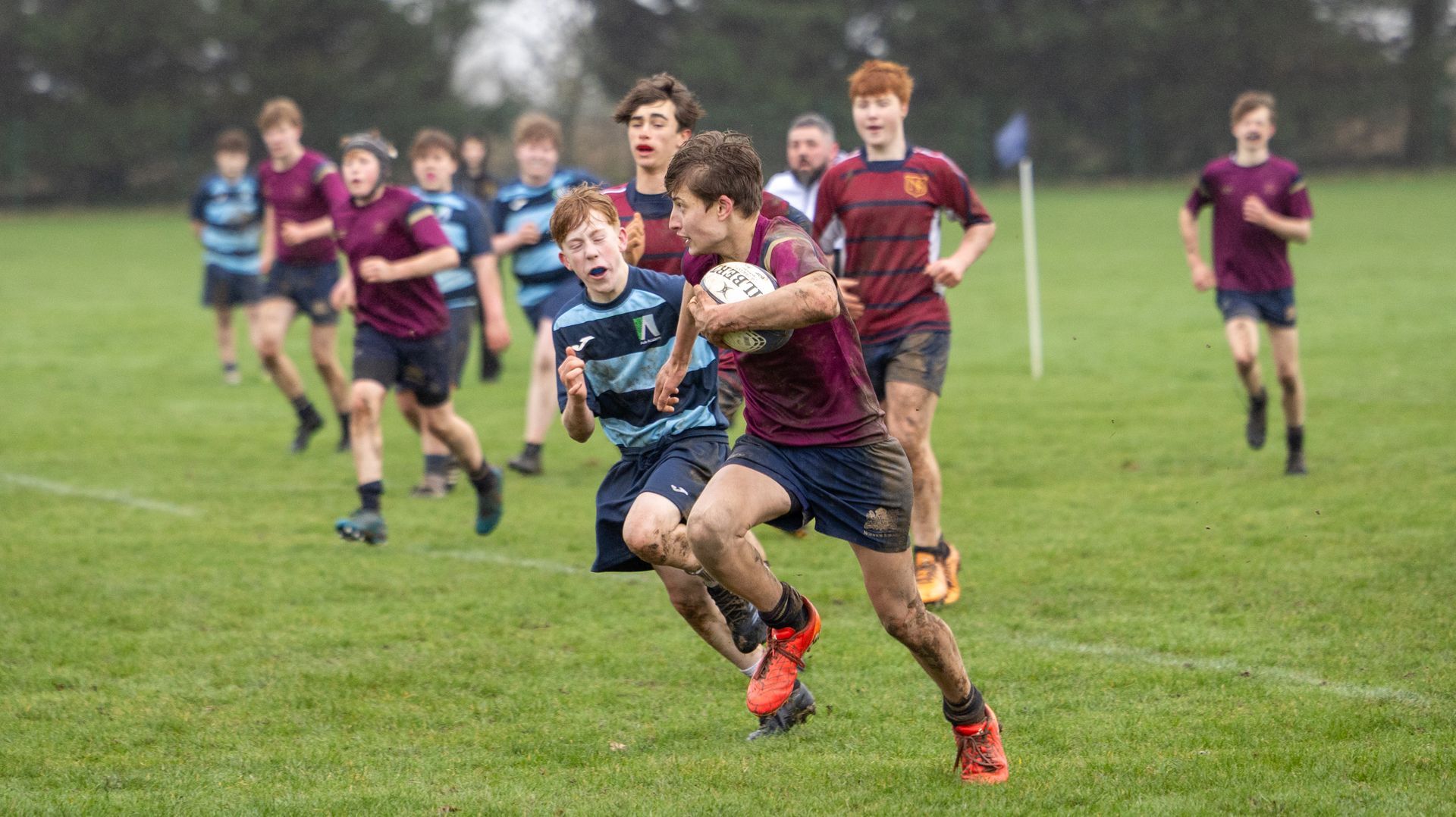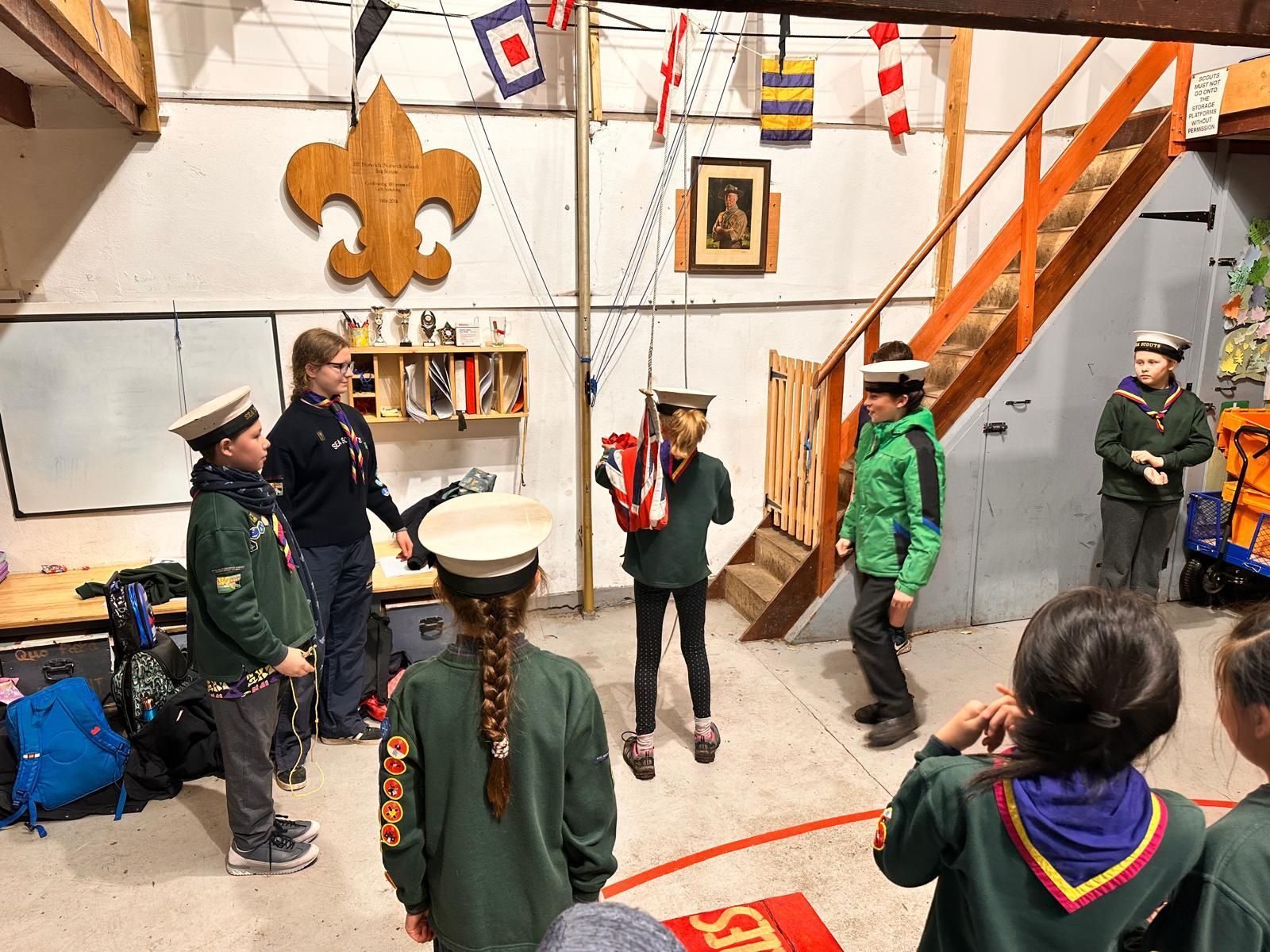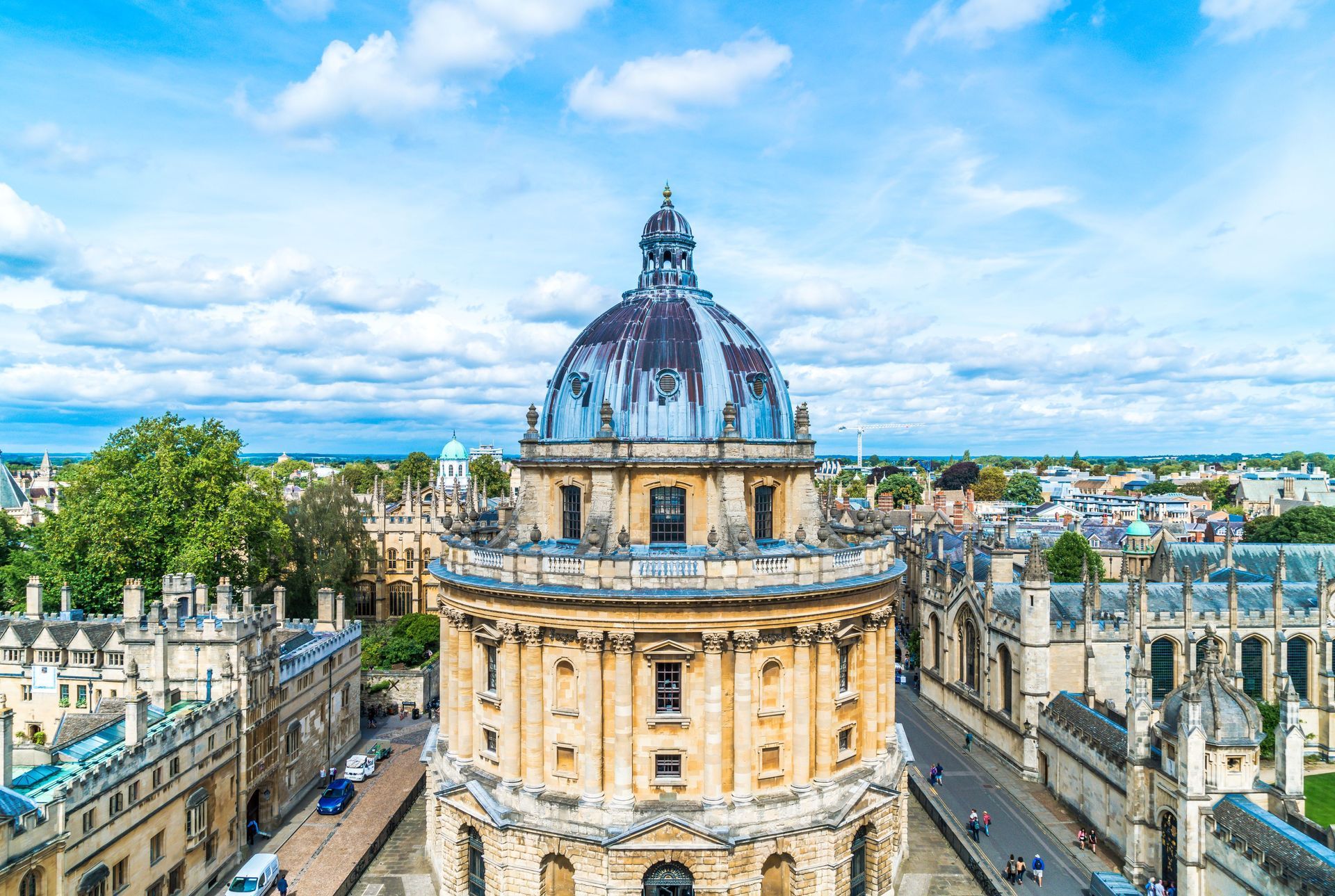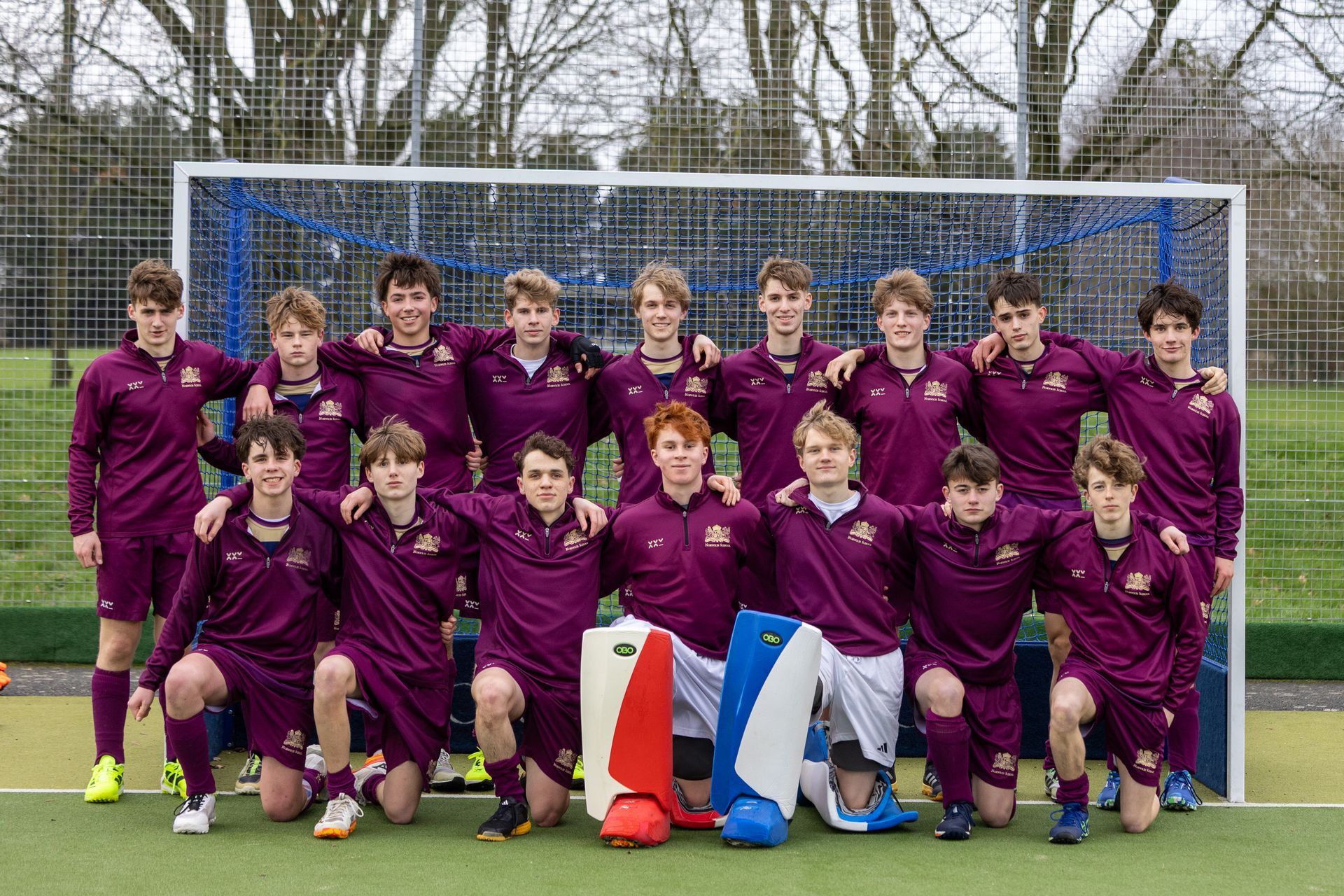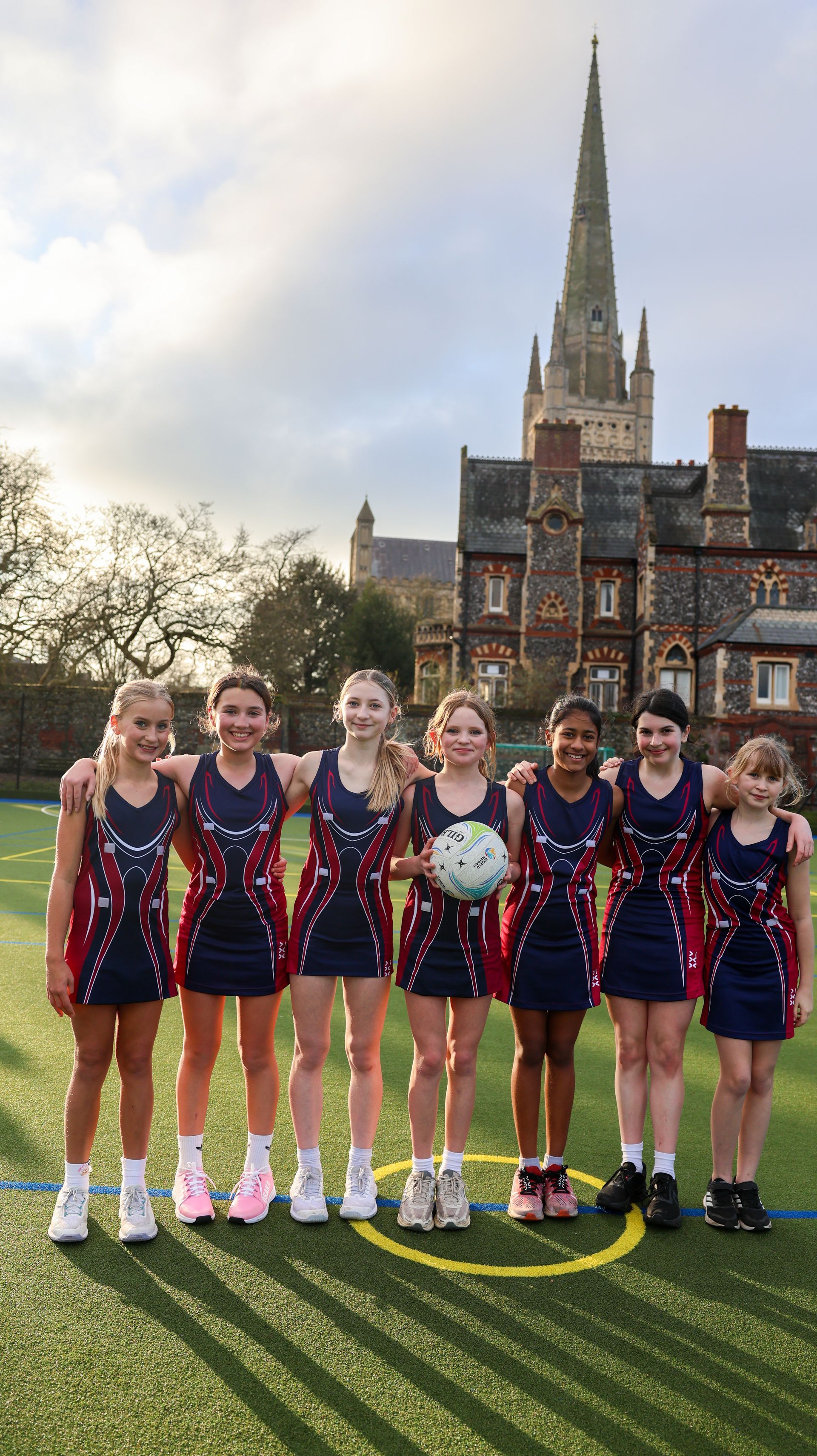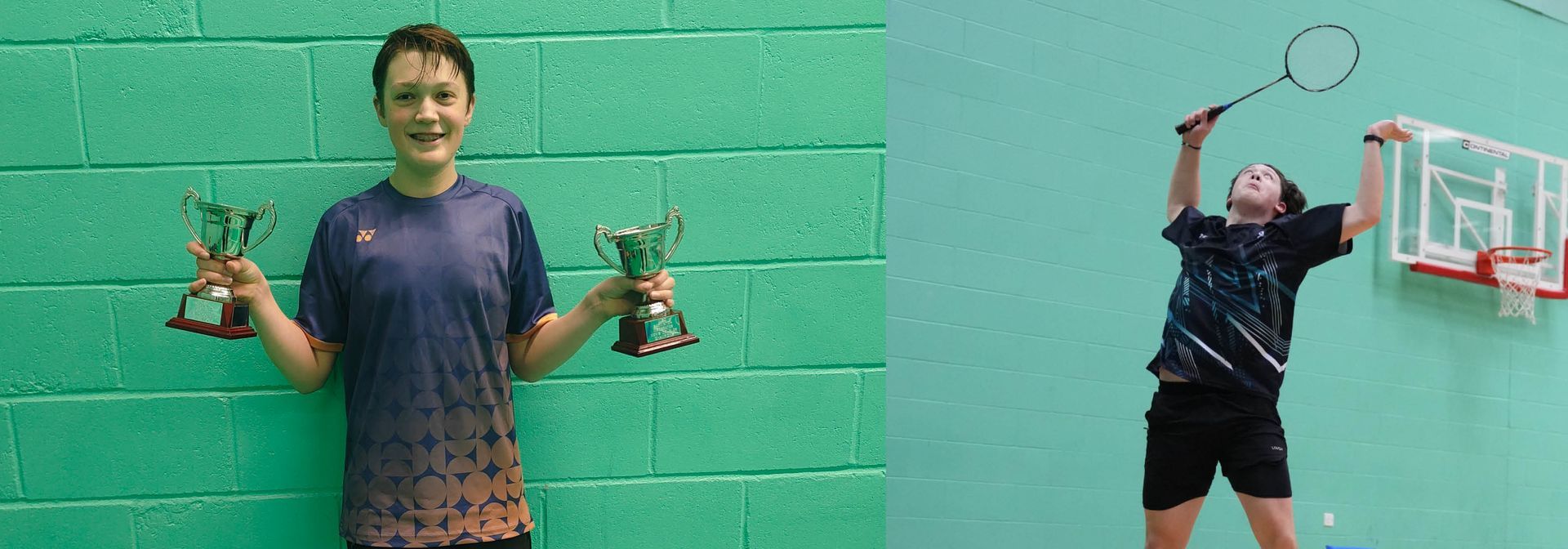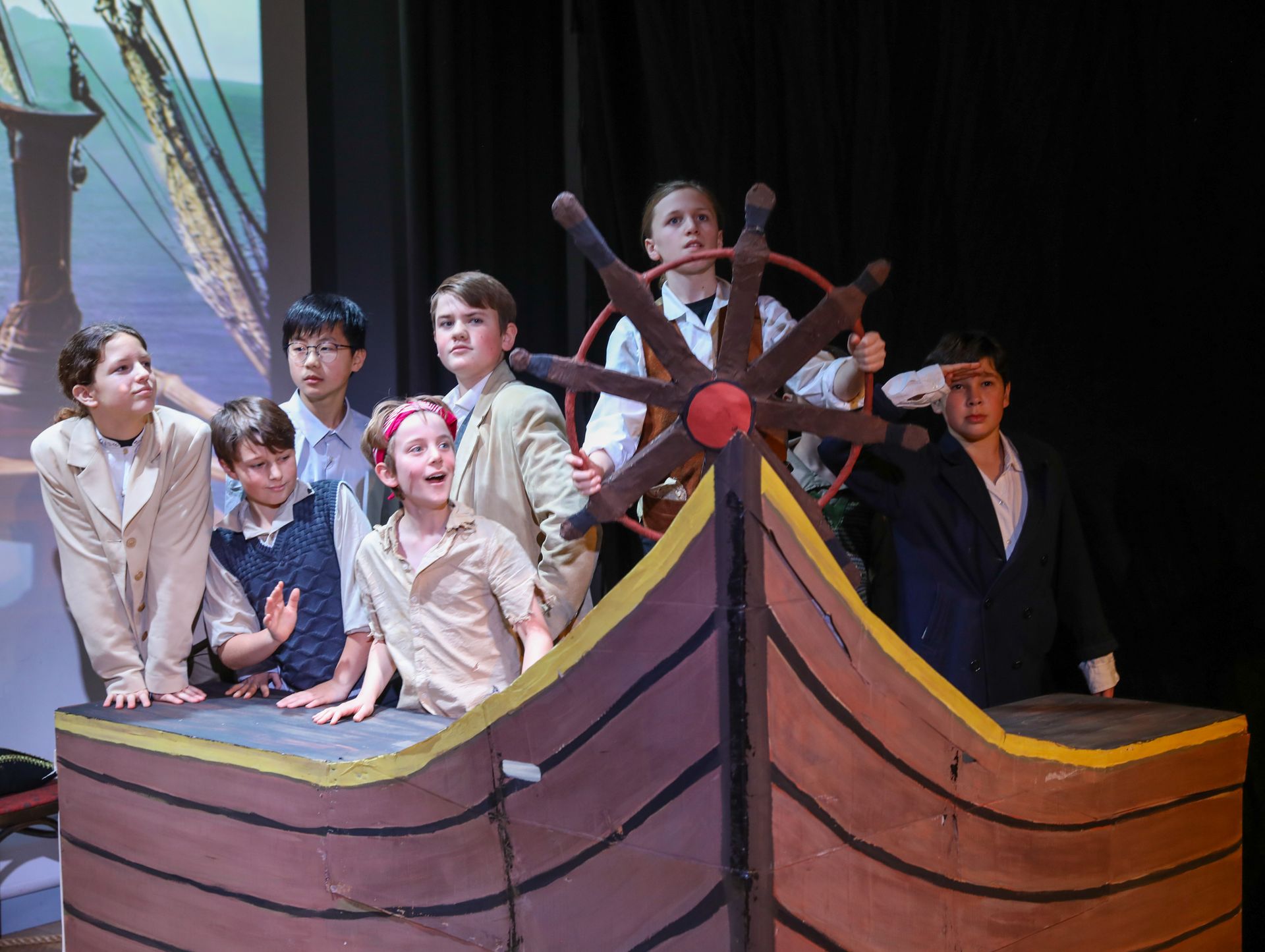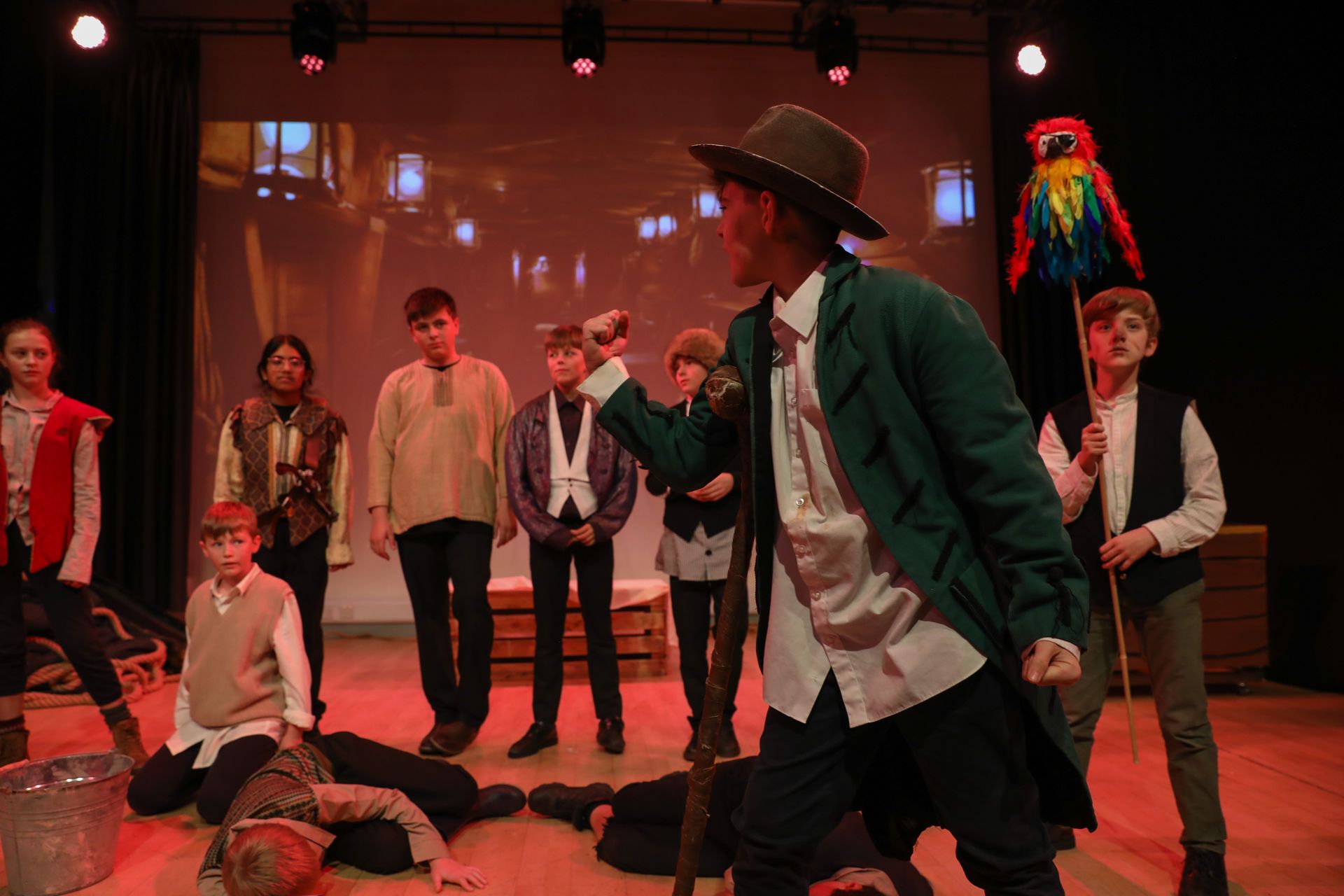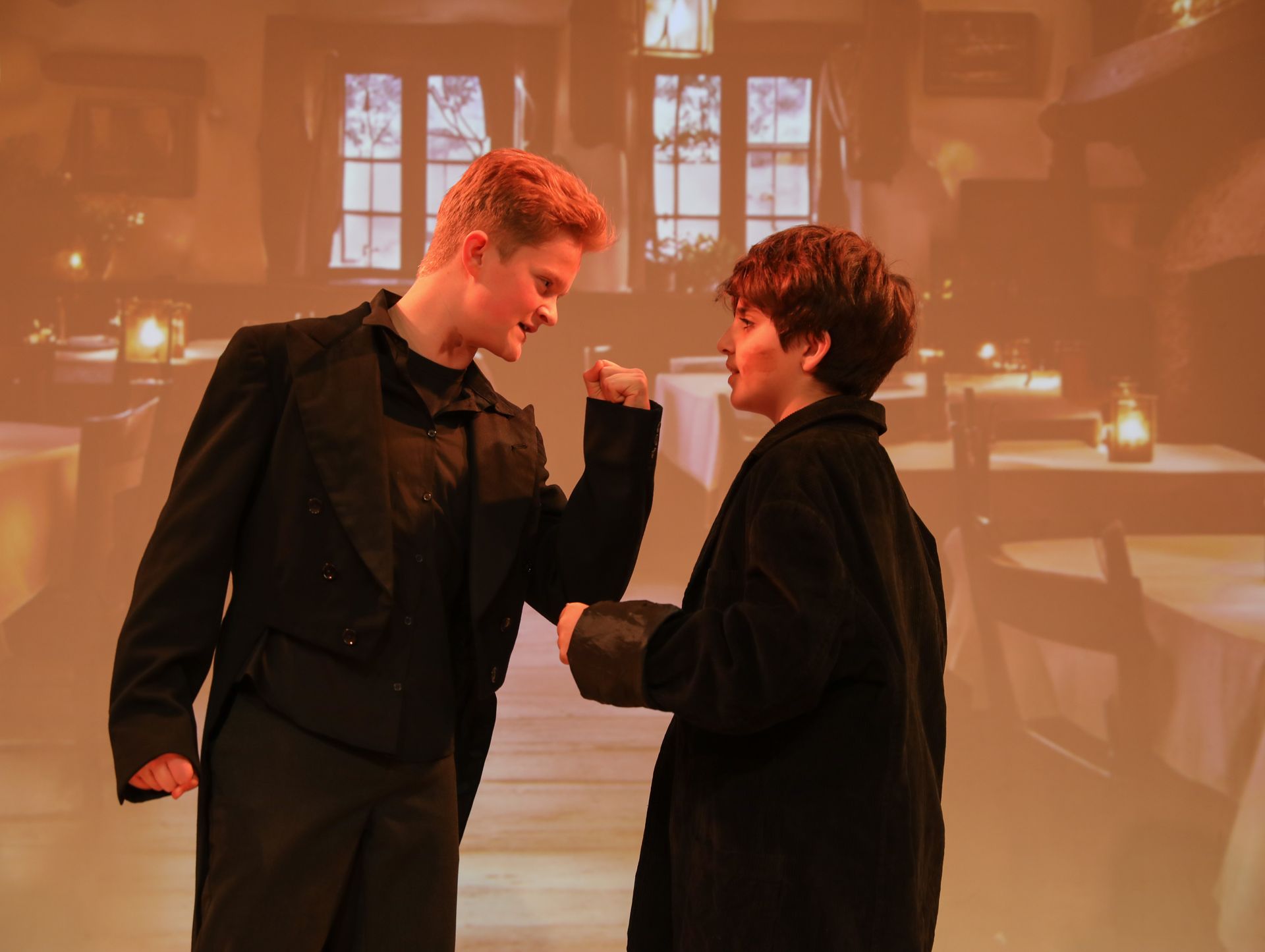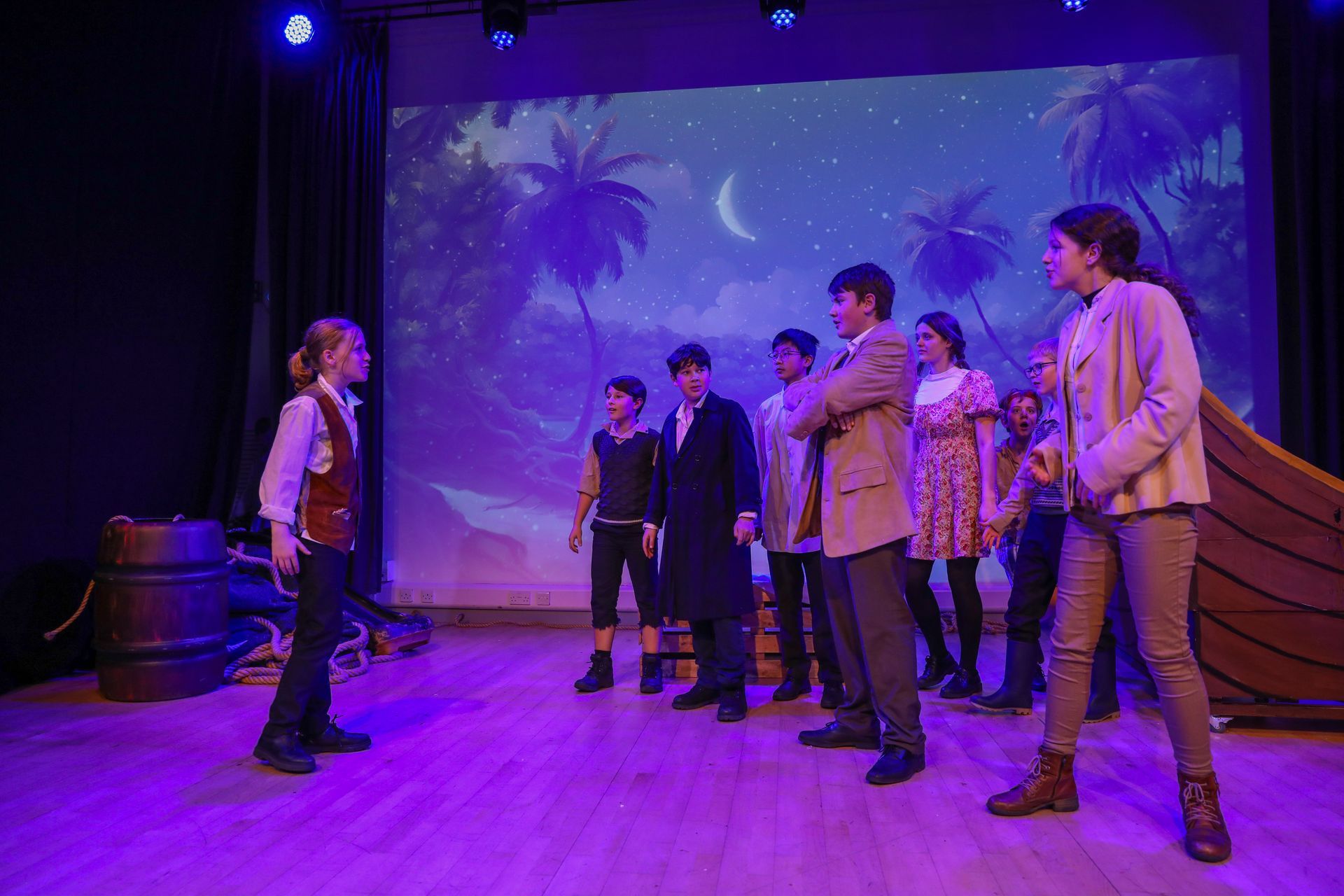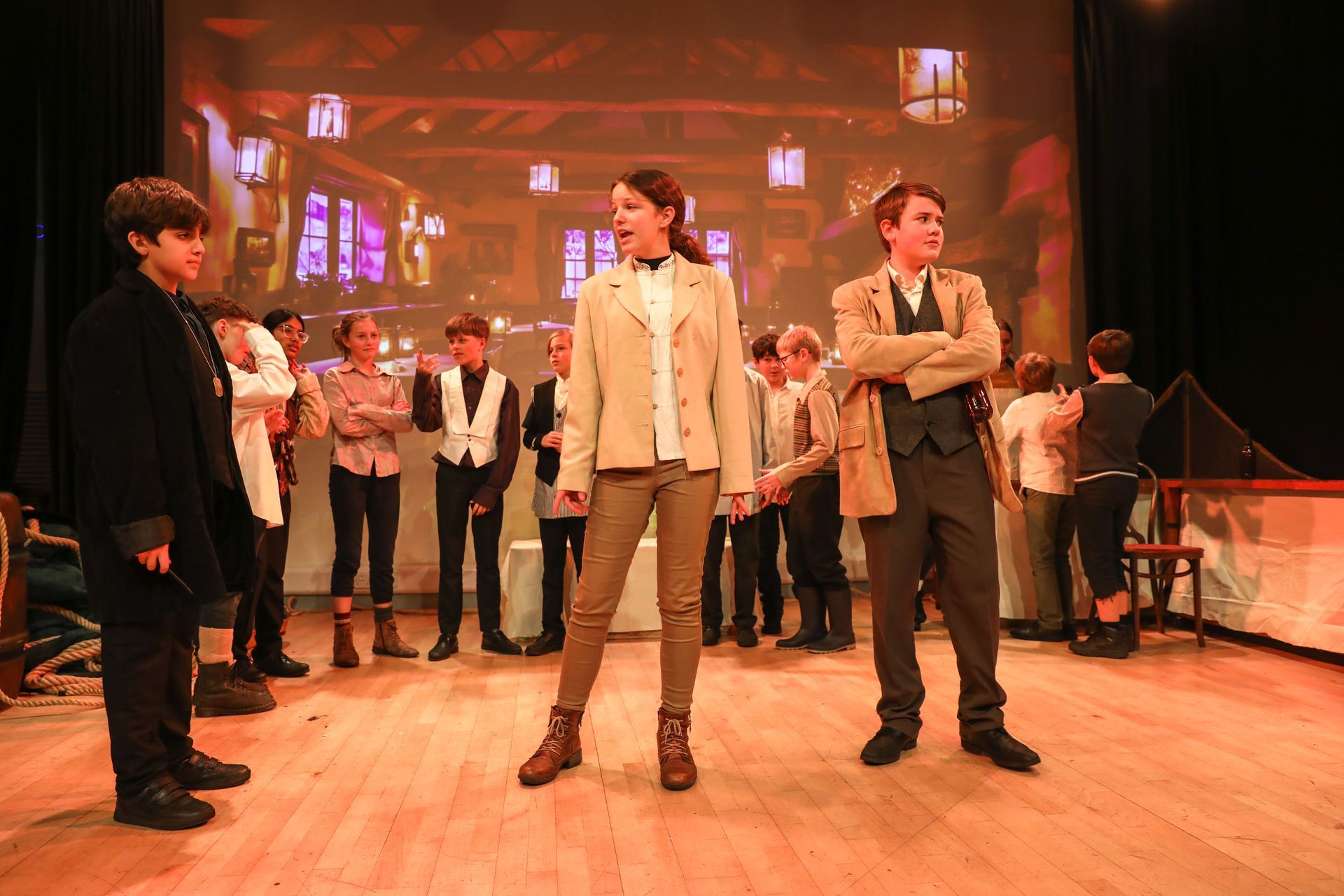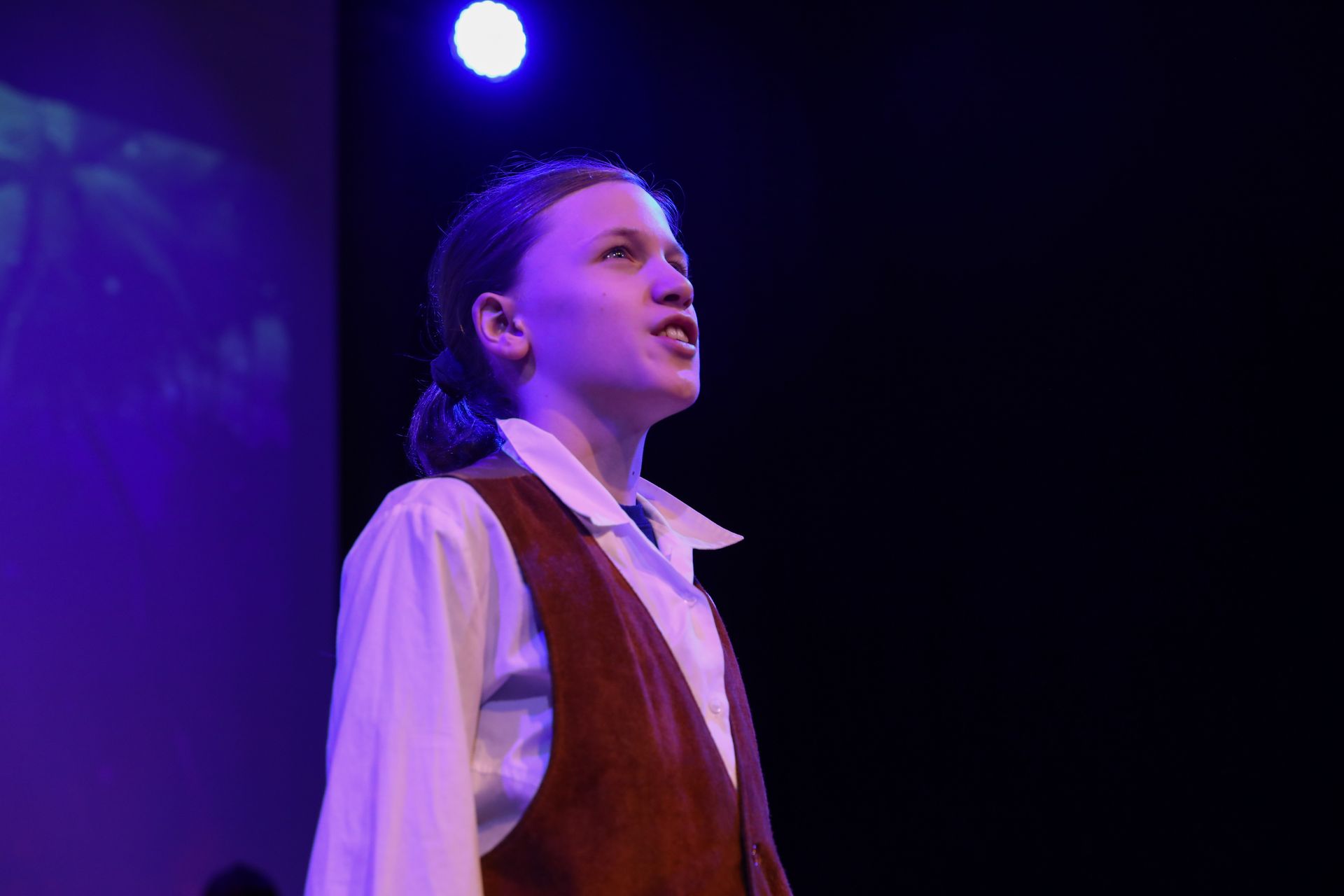By Eleanor Lewis
•
February 11, 2026
How long have you both been playing badminton? Did you start together? Oscar: I’ve been playing badminton since I first watched it on the TV during the Commonwealth Games in 2014 and was transfixed. I asked my parents if I could try it so they found a local junior club and that was that - I’ve played ever since. It started out as playing once a week at the club, then I played more and more often before trialling for the Norfolk County squads and was very pleased to be selected. We both quickly graduated to the advanced sessions and were fortunate to get to play with older players which really helped us to develop our skills. I first represented Norfolk u18s when I was 12 which was very exciting, and I have been able to play all over the country. Oren: I watched a couple of Oscar’s sessions and also wanted to have a go, which probably annoyed him intensely. We were in different groups because I was only 4 years old and had to have a smaller racket, practicing with giant training shuttlecocks or balloons. We both used to play tennis and so our hand-eye coordination was already good which probably helped and I was able to improve quickly and joined him in the older group. Since then I’ve played more and more, and now I play as much as I can. We do spend a lot of time together training and playing, and he coaches as well so comes to venues to encourage and coach us during matches and tournaments. It’s nice that we have badminton in common and he can string my rackets for me and I don't have to pay him. Do you play with the school or outside the school? Or both? Oscar: I have played with the school and helped run the sessions but there hasn’t been a structured programme which is a shame. Outside of school, I am too old for Junior County teams but I now play for the Senior County team and regularly coach the junior squads. I also represent Mid Norfolk in League 1 and Anglia Vikings in the Ultimate Badminton League which is a national team event. I’ve attended international training camps in Europe which have been really hard work but also great fun. The official badminton season runs from September to May so in the summer months we organise sessions to train and compete so that when the season starts again we aren’t rusty. Oren: I did get the chance to play a bit in the Lower School but unfortunately there is no Badminton provision any more for Inters. I would love to play at school though, I think it would encourage other people too. Outside of school I train with and play for 3 clubs, and I represent Tasburgh Men’s team in the adult League. I also play in the u17s and U19s County teams though I’m only 15 which is cool. I train a lot, usually around 15 hours a week plus matches and tournaments. This weekend I’ve had a league match after school on Friday, then a tournament in Oxford on Saturday and an U19s County match against Cambridgeshire on Sunday so it’s a lot of travel, training and playing but I love it. I often do a lot of my homework courtside or in the car because we’re always travelling for matches and training. What do you enjoy about it? Oscar: I really like that you can go to a club night and there is a wide range of playing standards from beginners to County and National players and it’s really inclusive. They also try to nurture those coming up through the junior clubs so that they have a great introduction to the adult game and a lot of support. The idea that I can go anywhere in the country, say for university or work, and can walk into a ready-made community is really valuable to me - it’s like a universal language. I like that it can be both a team sport and an individual one so you get the best of both worlds - teamwork, building relationships with your playing partners and also the challenge of playing singles and being responsible for your own performance; there’s nowhere to hide when it’s just you on court. You have to be really resilient and if you miss a point you can’t dwell on it because you have to focus on the next one. Oren: I like how fast and exciting the game can be; it’s the fastest sport in the world with the shuttlecock potentially being hit at 100s of km/h so you really need to think on your feet. At the same time it’s really tactical and you have a split second to assess where the shuttle is going, where your opponent/partner is and what shot you’re going to hit and this changes with each of the events i.e. tactics and gameplay is really different for mixed doubles compared to singles or open doubles. I think that the more you get into it, the more you realise how technical it is and you’re always learning new techniques and subtle differences in gameplay. Sometimes you think you’re really good and then you watch the next level up or international tournaments and you realise that there’s so much more to do and learn. I’ve been to tournaments to watch and enjoy going to the All England in Birmingham every year which is the world’s oldest tournament and is the one that all professional players want to win, a bit like Wimbledon. While I enjoy watching, I’d much rather be on court playing. Do you take part in any other sporting activities? Oscar: I used to play rugby but after being injured a few times and being unable to play badminton, I realised that badminton was the most important option for me. When the County training sessions were moved and clashed with rugby, the choice was an easy one. I used to play tennis and was invited to represent Norfolk. The problem was that I enjoyed playing but never felt the need to be competitive. Badminton is different for me and I do want to push myself, do better and win trophies and medals so it’s a very different mindset. As well as badminton training, I do Crossfit and go to the gym to maintain my fitness but there’s not a lot of time to fit in other sports, especially with A levels. Oren: I really enjoyed playing tennis and played it alongside badminton for 5 or 6 years but as I progressed, both my tennis coaches and badminton coaches complained that each sport was interfering with the other. Although badminton and tennis seem similar at a superficial level , they are actually very different. When the time came, I chose to continue with badminton and I don’t regret it. Like Oscar, I had to give up rugby outside school to train with the County. I think my mum was quite pleased that she didn’t have to stand in the cold at a rugby or tennis match any more. I’ve got a personalised strength and conditioning programme from my coaches with movements and drills specifically for improving my footwork, agility and stamina. With this programme, training, playing and schoolwork there’s not much time left. Can you tell us about your recent successes? Oscar: I’ve won 13 County championships at all age groups, and am reigning U19 County Champion in Mixed Doubles and Men’s Doubles adding to my previous title in the Men’s Singles. I have competed for Norfolk and coached at ICT (Intercounties Tournament - the premier national junior team competition) several times and helped achieve Norfolk’s highest ever result, as well as captaining the team to the Shires League finals, placing us in the top 8 counties in the country. I recently secured promotion to the top division of the Club League with my team. I also compete nationally and have had successes across the country, most recently at Christmas in my last u19s tournament. Oren: I’ve recently won the Senior (Adults) Norfolk Moderates titles in both Men’s doubles and Mixed Doubles, and this weekend won the gold medal in the Men’s doubles at a National tournament near Oxford. I was 2nd in the u19s County Championship recently, only beaten by Oscar. I am no.1 in the U17 and U19s Junior County Men’s doubles and also have helped my team gain promotion in the Senior Club League. Last year I participated in a 24hr charity ‘Badmintonathon’ run by an ON and was one of the few players who lasted the full 24 hours. Where do you see your future in badminton? Oscar: I’m hoping to compete in BUCS at University and am looking forward to experiencing the competitive programmes and structure that they can offer me. As part of my university options, I’m planning to travel to South East Asia where the badminton culture is very different and I think I can learn a lot there which really excites me. I’ve previously volunteered with Badminton England, working at Nationals and the Commonwealth Games, and was awarded the National Volunteer of the Year award so I would hope to continue being involved not only playing but in the running of the sport. I’m currently volunteering as a line judge with the National Badminton League which is great fun and I’d like to complete my Line Judging and Umpiring training with a view to travelling to international tournaments and matches in an official capacity. Working at the Commonwealth Games really opened my eyes to the power of collaboration and community in sport and was partly what attracted me to my chosen degree courses. I am also on the committee of Norfolk Badminton and coach the Junior County Squads regularly, as well as being on the Badminton England National Youth Forum so I would like to continue in those roles - I love playing but also enjoy the organisation and grass roots work to keep the sport accessible to as many people as possible. Badminton is also bringing some income to me as I’ve started my own stringing business and I’ve already managed to build a customer base which is great and will be helpful at University. I’m involved in badminton in many different ways and I can’t see that changing anytime soon. Oren: I have 2 more years left of competing at ICT and so want to continue to be selected for that and to follow Oscar into the Senior County squad when I’m old enough. In the meantime, I want to compete in the national tournaments as much as possible and to continue representing Norfolk. I’m looking forward to doing my Badminton England Young Leaders qualification and also to do my Level 1 coaching qualification. I’ve had so much support from coaches and club members that it would be nice to be able to give back and encourage younger players. This summer I’m going to an international training camp in Denmark. I’m a bit nervous because it’s pretty intense but I am looking forward to pushing myself. What would say to anyone interested in the sport? Oscar : Honestly, just give it a go. As well as being a great sport, there is so much scope to get involved at club and county levels. I know players at the clubs I go to who have been playing for 60+ years and are still loving it and love to play with the younger ones. There are lots of casual community groups that play locally - it doesn't have to be super competitive, but if you want to take it a step further there are many opportunities. It’s also never too late, I know people who started at my club a year or two ago and they now compete on the tournament circuit and are representing clubs. We went on holiday last year to Vietnam and it was amazing to see the culture of badminton in that part of the world. They have courts marked out on the streets, there are people playing at all times of the day and night and it’s open to everyone; I would love to see it so accessible in this country. Oren: Badminton is really fun at all levels, you can just book a court and turn up with your friends. Also the clubs are very supportive and social, you get to play with people of all levels. It’s really nice that there are ex-England players who are very happy to play with people who have only just picked up a racket. I think that schools should offer more opportunities to play as well, it’s one of those sports where you don’t have to be one of the traditionally sporty people to pick up a racket and hit a shuttle. I saw an article very recently about how the speed and unpredictability of Badminton can sharpen your brain, improve focus and boost cognitive ability so alongside fitness and social interaction there’s no reason to not give it a try. Photo credit - Alan Spink
